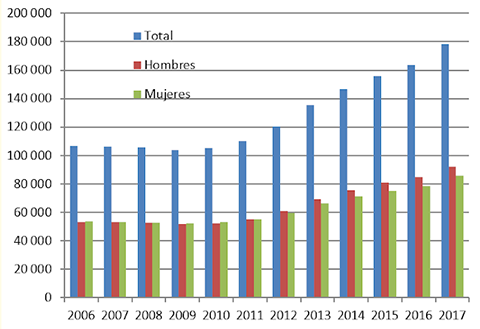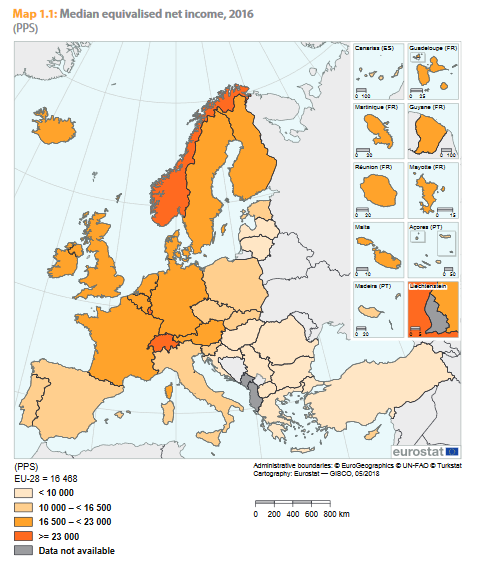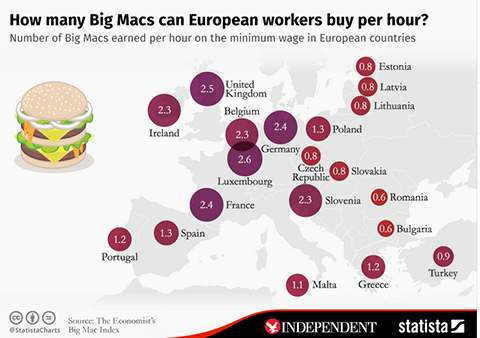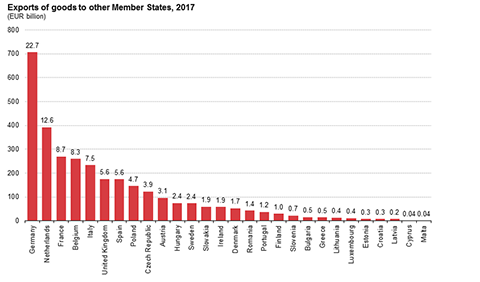It’s wasp season here in Berlin.
I´m here just for the weekend to visit a friend who lives in the city.
The weather is relatively warm and we are having brunch at an outside terrace. For what I hear, it’s typical for starving wasps to swarm the city at the end of summer.
Apparently, the reason for this is that their queen starts hibernating in August. There is nothing at the hive for them to eat, so they invade the city looking for food before the cold arrives and kills them.
If you are ever in the city around this time of the year, you are sure to notice them. They will crawl around your plate of mash, bratwurst, sauce…you name it. They even seem particularly attracted to German beer.
As my friend and I get our brunch, the wasps hover all around us. The Germans eating at the neighbouring tables don´t seem to notice them.
But, as our waiter tells us, they rarely sting. So you can try to gently move them away.
Alternatively, you can set up a sweet bait, like marmalade or sugar, a bit away from your food.
Whatever you do, don´t kill them. You could be risking a hefty fine.
You see, wasps are protected wild animals here in Germany. Killing one could set you back between €5,000 and €50,000.
These wasps seem particularly keen on our sugar shaker, so I set it further down the table in the hopes they move away.
The cafe is full. In fact, the whole city seems full.
Much like in Spain, there is now quite a shortage of housing in German cities and rents have been rising.
Getting accommodation here is no easy feat. Most Germans rent instead of owning. And, according to Handelsblatt Global, Berlin has a high amount of renters, about 85%.
As Handelsblatt Global recently reported:
‘“The lack of affordable housing is one of the most urgent problems for citizens,” Volker Kauder, parliamentary leader for Chancellor Angela Merkel’s conservative alliance, told Handelsblatt.
‘The head of the German renters’ alliance, Ulrich Ropertz, said, “A million homes are needed in Germany and rents are increasing faster and faster.” It is “the social issue of our time,” he said.’
Salary gap widens across European countries
Costs of living in Germany are similar to Spain…restaurants, supermarkets, shops have similar prices. Yet salaries are much higher.
In fact, that is one of the reasons why Spanish have been increasingly moving to Germany in recent years: higher salaries but similar costs of living. As you can see in the graph below, since the crisis, the number of Spanish moving to Germany has been steadily rising.
 |
Source: Cabrejas Blogspot |
And, there are more jobs.
According to trading economics, unemployment in Germany is at a low 3.4%. The unemployment rate in Spain is almost five times higher than that at 15.3%.
The truth is that the European Union experiment has worked out differently for each member state. In a recent report titled ‘Living conditions in Europe’ by Eurostat, they noticed just this fact:
‘Map 1.1 reveals a clear geographical divide, insofar as the highest levels of median disposable income were generally recorded in western and Nordic Member States, although the level of income was also above the EU-28 average in Malta. By contrast, median disposable incomes were generally lower in southern Europe, while the lowest levels of income were recorded in eastern Europe and the Baltic Member States.’
 |
Source: Eurostat |
As you can see, there is a clear divide between north and south. [openx slug=inpost]
A more informal indicator of this is the Big Mac index.
The Big Mac Index is a way of measuring purchasing power parity between two currencies. The map below shows how many of these popular burgers a European worker can buy with their hourly salary per country:
 |
Source: Statista |
Hourly salaries are higher in central and northern Europe than in the peripheral countries.
What is the reason for this gap?
The thing is, when the EU came together with one currency, it brought together different economies with different productive models. Greece, Italy, Spain and Portugal used to increase competitiveness by keeping costs low.
With the euro, the peripheral countries started running balance of trade account deficits. That is, they had more imports than exports. They traditionally solved these by devaluing the currency. But with the common currency, that tool is no longer available.
So they have resorted to taking on more debt.
Spain has an almost 99% government debt to GDP ratio, Portugal has 125.7%, Italy a 132% and Greece a whopping 178%.
Unemployment has shot up in these countries since the 2007 crisis. They have since resorted to increasing competitiveness by devaluing salaries.
Meanwhile, low interest rates and an undervalued euro have spurred higher exports from Germany. Germany currently exports a quarter of its products to other EU members. You can see below the disparity.
 |
Source: Eurostat |
Germany also has the highest trade surplus in the world.
With Europe going at two different speeds under the same currency, there could be trouble ahead.
By the way, the wasps are finally gone.
They have figured out how to climb down the spike in the sugar shaker and are now gorging on sugar granules.
Best,
Selva Freigedo





